By Amoli Deshpande, Class of ‘26 – Editor-in-chief
The daughter of a Holocaust survivor recently urged Sharon High students to be upstanders whenever they see suffering in the world.
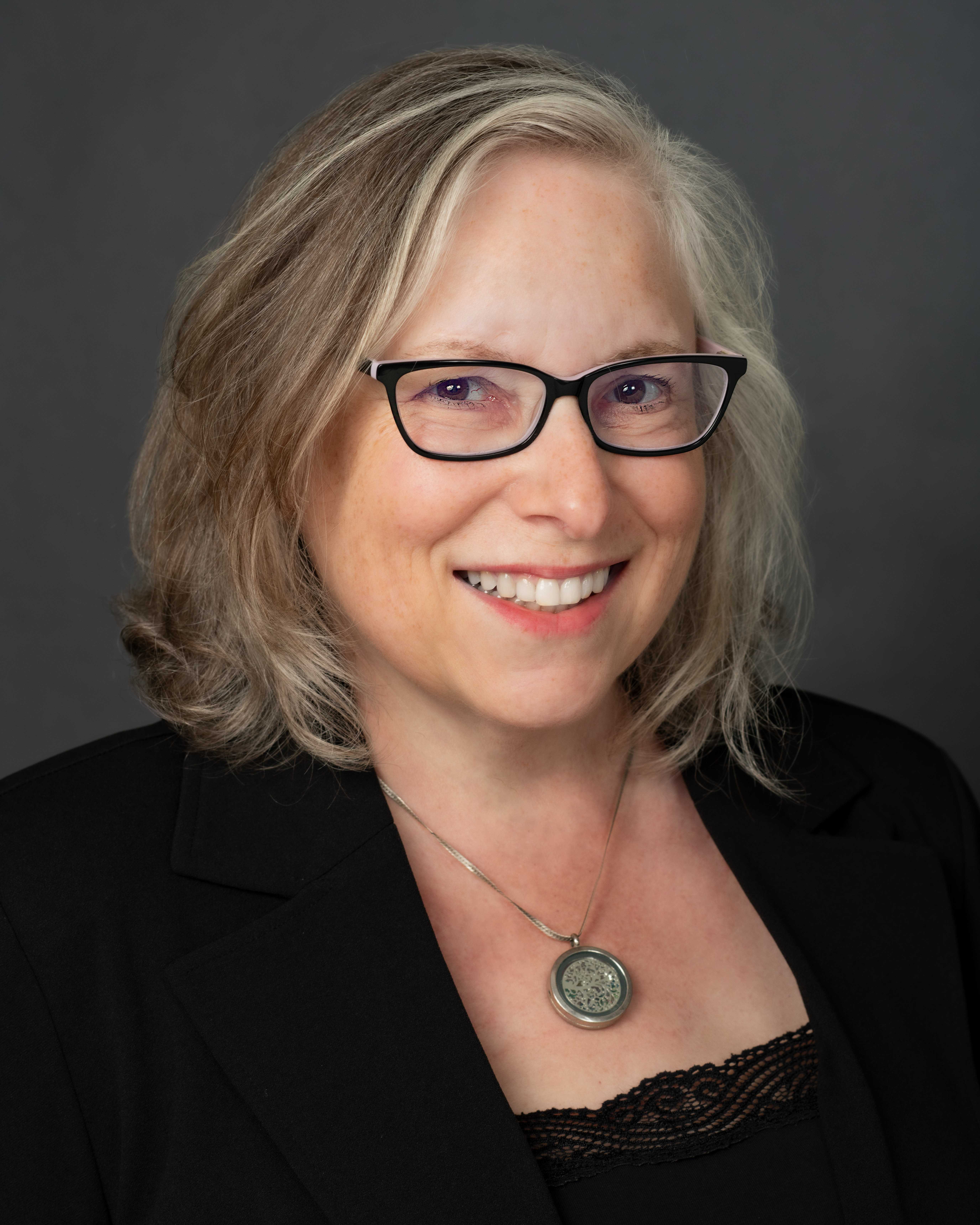
Sharon resident and author Irene Stern Frielich (pictured above) gave a presentation about her family’s experience living during the Holocaust to a class of World Studies students on April 29. Ms. Frielich, who is the author of the memoir titled Shattered Stars, Healing Hearts: Unraveling My Father’s Holocaust Survival Story, spoke a week before Holocaust Remembrance Day.
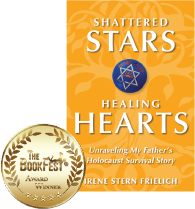
The book is about Ms. Frielich’s journey retracing her family’s escape route from Nazi-occupied Germany.
Ms. Frielich’s late father, Walter Stern, and his family lived in Boholt, Germany, where they sold men’s clothing and textiles, from 1926 until 1938. When Adolf Hitler and the Nazis came to power in 1933, their family was subjected to anti-semitic attacks. Eventually, on November 10, 1938 – the day after Kristallnacht – he and his family fled to the Netherlands; but after Holland surrendered to the Nazi government in 1940, Walter’s father and uncle were sent to a labor camp in Vichy, France, and eventually the Auschwitz concentration camp in Poland. Walter and the rest of his family hid in a Dutch farmer’s attic for 909 days. Walter, his grandmother, and his great-grandmother found out that they were liberated on April 1, 1945 when a Canadian soldier visited the farmer’s home. Stern and his mother eventually moved to New York City in 1947.
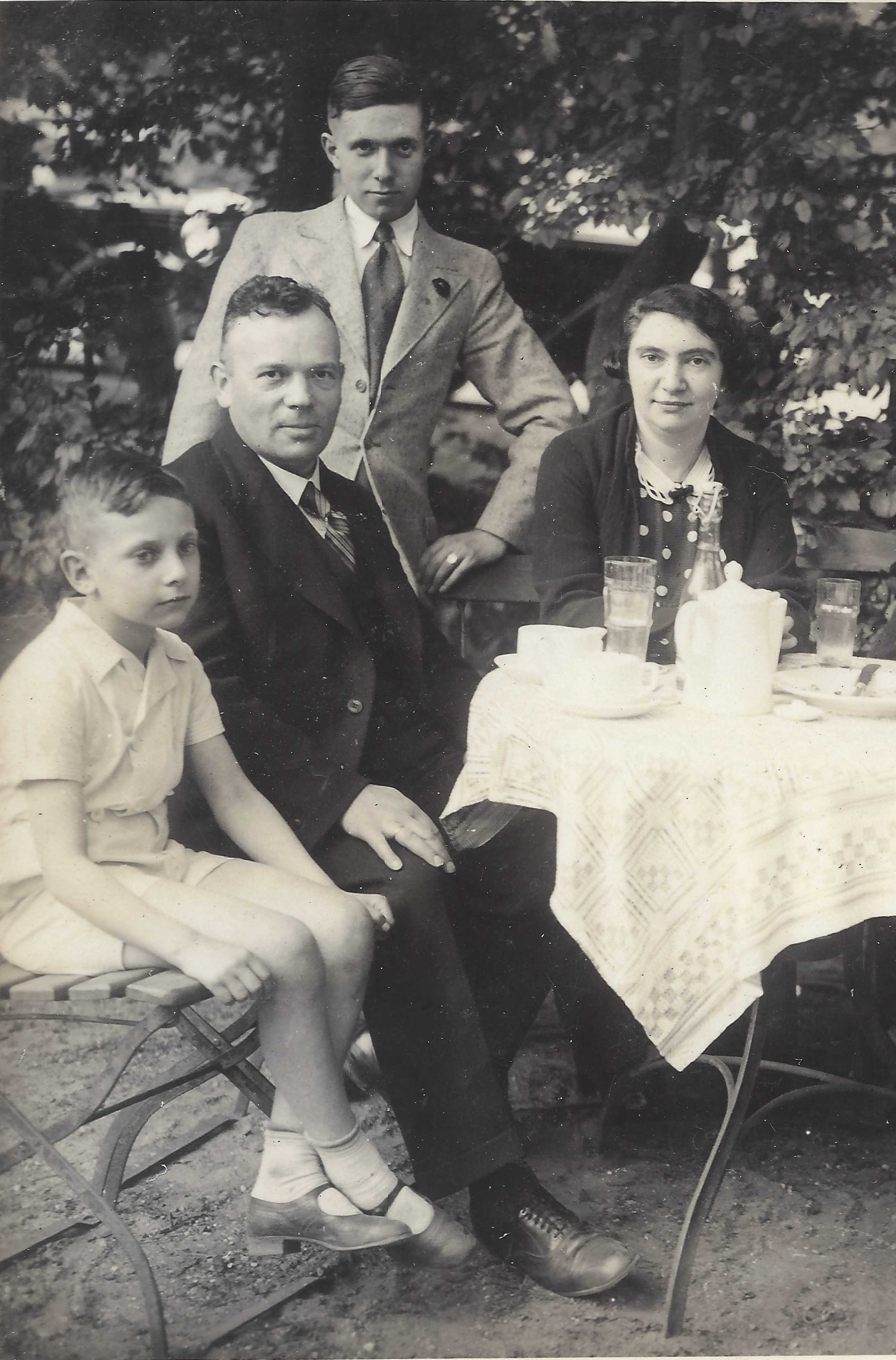
The breadth of the Holocaust’s impact
Ms. Frielich’s presentation mainly focused on her father and his family’s Holocaust experience; however, she also raised awareness about the Holocaust’s non-Jewish victims, including homosexual people; Freemasons; Jehovah’s Witnesses; political prisoners; Serbs; Slovenes; Soviet and Polish civilians; prisoners of war; up to 250,000 people with disabilities; and a quarter to a half million Romani people.
These peoples were all victims of the Holocaust in addition to its 6 million Jewish victims.
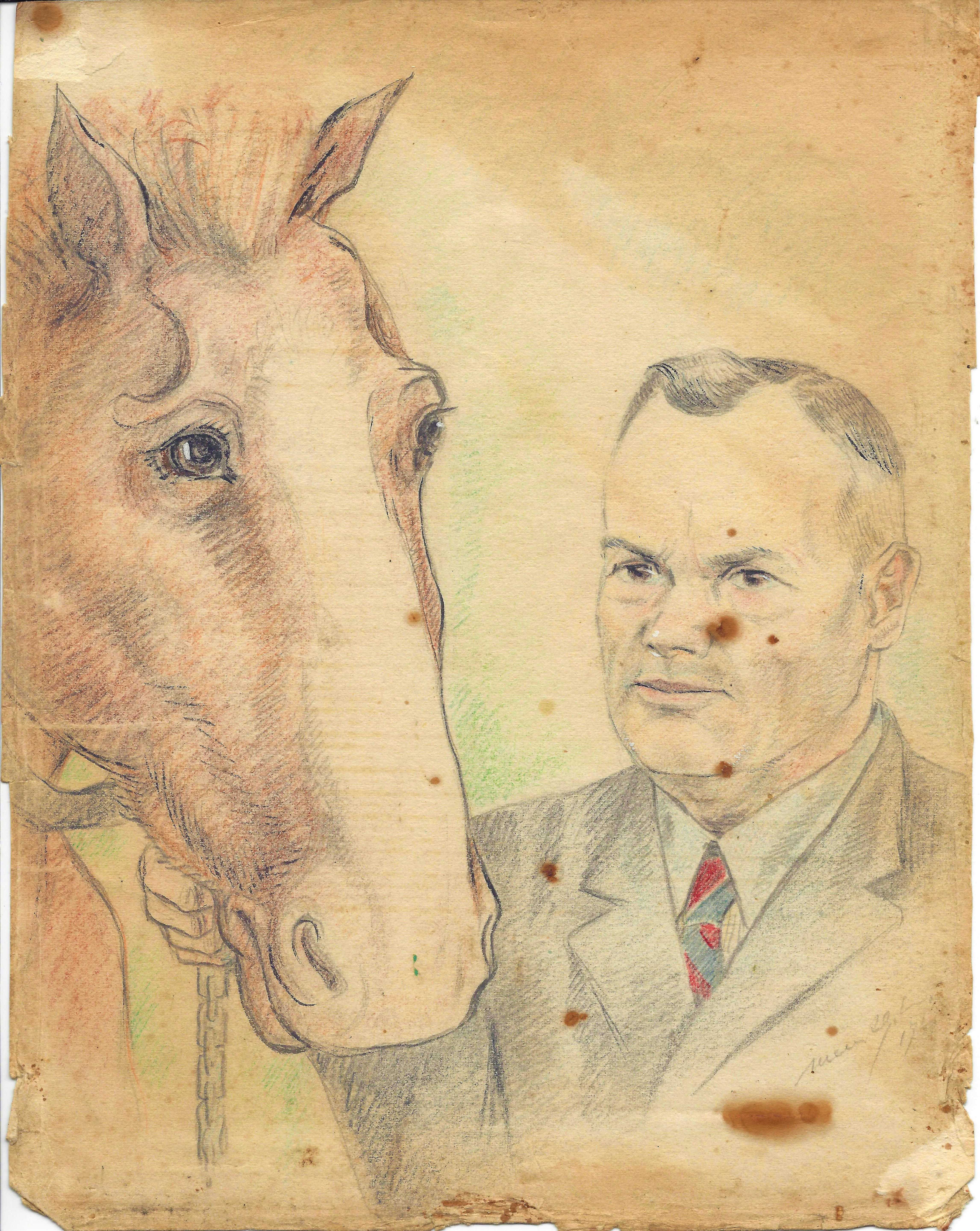
Ms. Frielich acknowledged the deaths of these civilians to highlight the importance of standing up for others, a common theme throughout her presentation.
“Think about this: if we aren’t the ones to speak up for others, who will speak up for us?”
Processing trauma
Another large theme that served as an undercurrent for the presentation’s overall purpose was processing trauma. When detailing her father’s experience living in a Dutch farmer’s attic, she recalls him listening to the horrors occurring during the Holocaust on a BBC radio that was hidden in the attic, but not telling his mother and grandmother as he needed to “digest it for a while.” Ms. Frielich said that if he spoke of his trauma, it might have been easier for him to process it healthily. “You know how much better it would have been if he could talk about it as an adult…You need to process trauma that you experienced by talking about it…” she said.
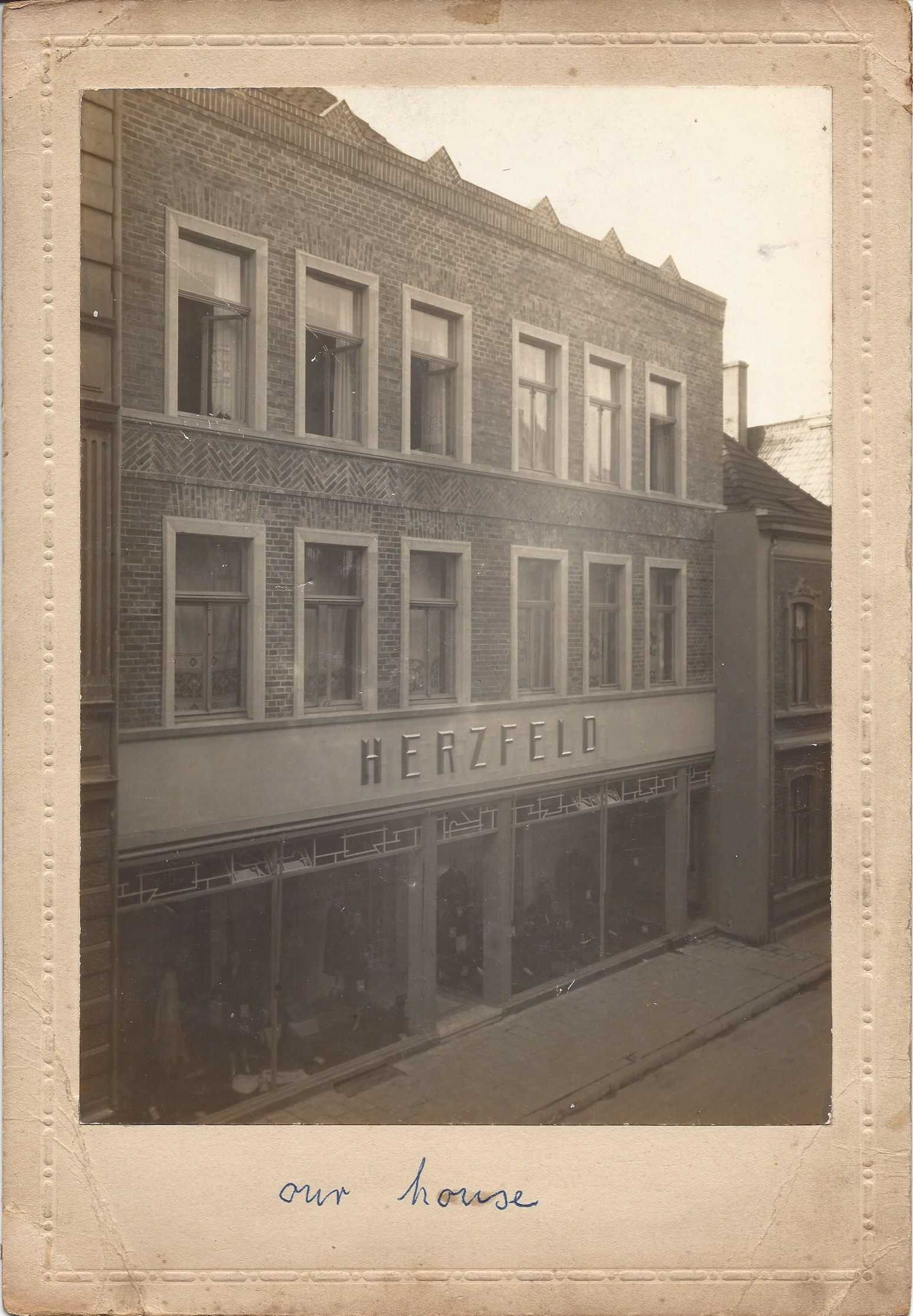
Being an upstander
The consistent theme of being an upstander in Ms. Frielich’s presentation was also prominent, as it played a large part in her father’s journey through the Holocaust.
For example, when her father, mother, and grandmother were in Holland after it seceded to Nazi control, they relied on the Dutch “underground,” which was a group of people who illegally smuggled persecuted Jewish people, amongst others, into hiding from the Nazi government.
Examples like these are what Ms. Frielich said drive her to contribute to charities all around the world so that she can also help those who are struggling. “I do it because I am a human being. We, as human beings, each one of us has a spark within us. We need to allow that spark to shine through so we can light the way,” she said.
She ended with a call to action. “Please, don’t simply stand by and watch when someone needs help. Instead, I would like to ask you all to stand up when someone is in need. And I would like to encourage all of us to talk to someone who we think is different than us. We can show genuine interest in one another, we can help to build empathy and send out positivity. I ask you to perform even the smallest acts of kindness to help make our world a better place.”
